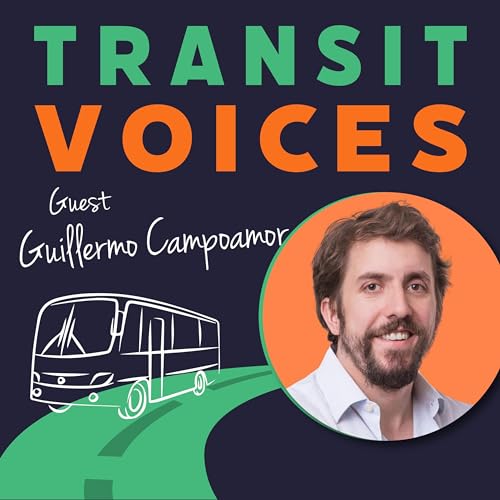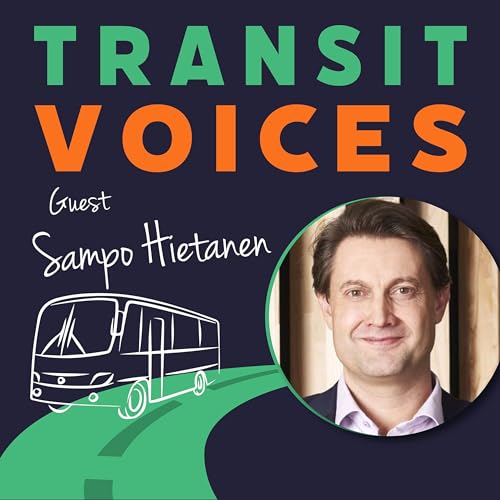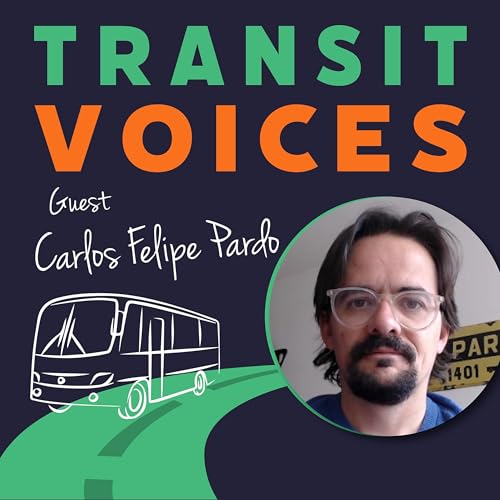Join us for the episode of the Transit Voices podcast, featuring Guillermo Campoamor, co-founder of the Mobility as a Service company Meep. Host Ben Whitaker and Guillermo delve into how technology is poised to improve public transportation. They explore improving discoverability, integrating public and private systems, and simplifying fare collection.
Meep, a digital solution that connects various transportation services, is the brainchild of Guillermo Campoamor. His unexpected journey into transport technology was ignited by his frequent travels in the wine industry and the challenges he faced with inconsistent transportation systems. His passion for transforming the sector is palpable as he shares his story.
“In some cities, I managed to cover all my appointments and meetings, basically cover the agenda, as I previously planned for every trip, and in some other cities was the total opposite experience,” he explains. “I had to reschedule tastings, I had to meet with clients on different days, and even extend my trips. So I was wondering, why on earth is this happening? And mostly it was due to a lack of public transport or inefficient transport patterns. And that's why I decided to start my own journey in transportation.”
He and Ben delve into the pressing need for a cultural shift towards more efficient and sustainable transportation modes. They underline the importance of accurate real-time information, accessibility, and connecting different data sources. The discussion also brings to light the urgent need for sustainable mobility solutions in cities, particularly for big corporations with many workers who commute.
Take a trip around the world as the transit offerings in Bangkok, Singapore, Hong Kong along with Mexico, Malta, Moscow and Madrid are all analyzed, and the ability to turn data into information is vital:
“One of the things we realized in the early days that the big transport operators, the ones that are doing even more than a million trips per day, they have information scattered, all over the place,” Guillermo adds. “They are getting some information from the end users, but they're also getting information from the validation machines, they're getting information from the cameras, so they have like maybe like five, four or six different channels that they need to also make sense together and put into context.”
Tune in to discover how Guillermo and his team at Meep are making transportation more efficient and sustainable, and enjoy the lively debate between guest and host on Guillermo’s choice of Boondoggle.
 57 分
57 分 47 分
47 分 48 分
48 分 49 分
49 分 2024/03/0639 分
2024/03/0639 分 52 分
52 分 38 分
38 分 34 分
34 分
